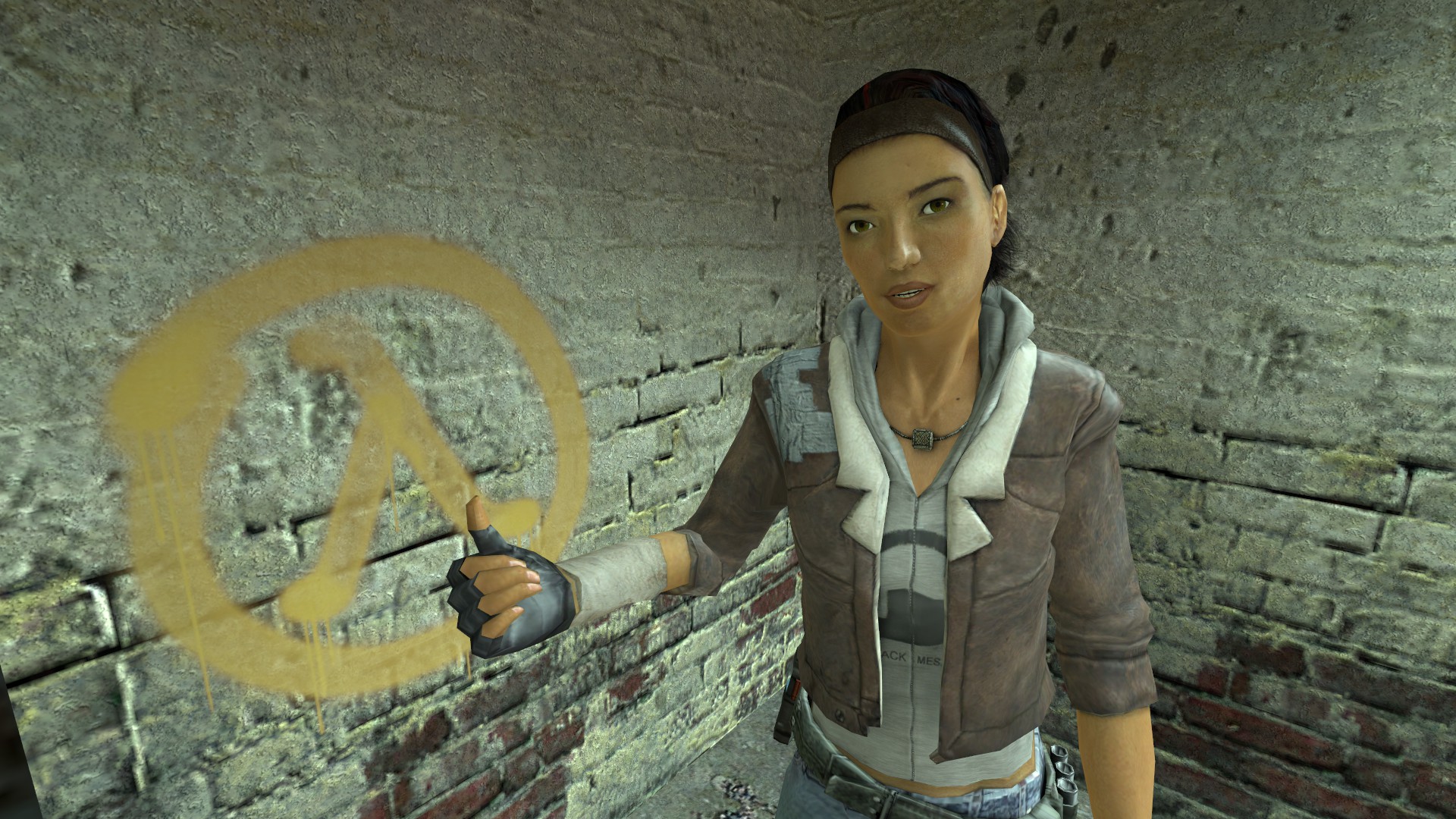![Phil Spencer blames capitalism for games industry woes: ‘I don’t get [the] luxury of not having to run a profitable growing business’](https://cdn.mos.cms.futurecdn.net/CQBTwemKbLXXqz3fPjwgYd.jpg)
Spencer said publicly traded companies have to show constant growth or else nobody will give them money.
After a lot of wrangling with regulators, Microsoft recently spent $69 billion-with-a-b to acquire Activision Blizzard, after which it almost immediately cut 1,900 jobs across its gaming business. Not great news for anyone, unless perhaps you own MSFT stock. In an interview with Polygon about the driving forces behind layoffs at Microsoft and across the industry, Xbox boss Phil Spencer pointed the finger at—well, really, just capitalism in general.
The problem, according to Spencer, is a “lack of growth” across the videogame industry as a whole. “When you have an industry that is projected to be smaller next year in terms of players and dollars, and you get a lot of publicly traded companies that are in the industry that have to show their investors growth—because why else does somebody own a share of someone’s stock if it’s not going to grow?—the side of the business that then gets scrutinized is the cost side,” Spencer said. “Because if you’re not going to grow the revenue side, then the cost side becomes challenged.”
If you can’t grow by making more money, in other words, then you can “grow”—in terms of profits, share price, EBITDA, and all those other metrics that Wall Street types care about— by spending less. The obvious question is, why are you bringing in all these new people if you can’t afford to pay them? Of course, Microsoft can afford to pay those people, it just doesn’t want to, because, that’s right, growth.
(Microsoft, for the record, generated $211 billion in revenues in its 2023 fiscal year, and more than $88 billion in operating income.)
“I don’t get [the] luxury of not having to run a profitable growing business inside of Microsoft,” Spencer said. “But just across the industry … sitting here at GDC, I reflect on friends of mine in the industry that have been displaced and lost their jobs and how just, I don’t want this industry to be a place where people can’t, with confidence, build a career. So that’s why I keep pivoting back to: How does this industry get back to growth?
“For us as Xbox or any of the teams that are out there, it is really an outcome of an industry that’s not growing. It can grow and it will grow again. But you see this time right now and the implications have human impact. And we should all reflect on that and think about it.”
There’s a clear aspect of “don’t hate the player” in all of this, but he’s not wrong—if anything, Spencer is being very forthright. This is how it works: Capitalism capitalizes, and if that shark stops swimming, it dies. The constant-growth formula isn’t great for sustainability, sure, and sometimes it can lead to catastrophe, but none of that matters in the places where big money decisions are made. And until that changes, it’s not very likely anything else will—short of a full-blown industry die-off, anyway.
Assuming we can avoid that particular outcome (or at least stave it off for a good while), the relentless drive for growth may eventually push Microsoft into some unexpected and potentially interesting places. In the same interview with Polygon, Spencer said the old model of subsidizing the cost of console hardware in order to make money selling games isn’t really viable anymore, which has him thinking about other ways to feed the machine—including bringing other digital storefronts like the Epic Games Store and Itch.io to Xbox.



